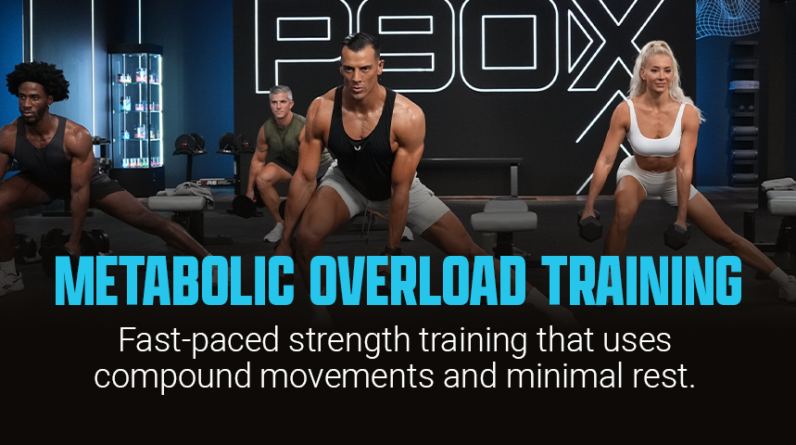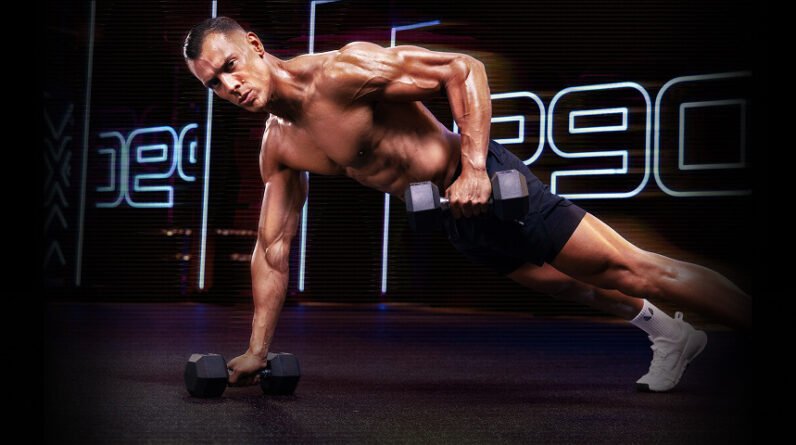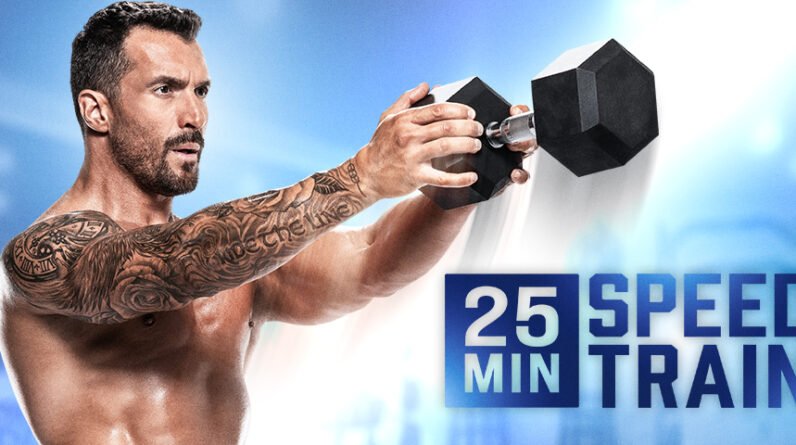
You’re doing ab workouts at home, but your lower back feels the burn more than your abs. What gives? Turns out, you might just have to learn how to activate your abs.
Activating your abs is essential for strengthening them, but it’s not the same as flexing your abs. Whether or not you want visible abs, those muscles are vital beyond aesthetics.
Strong abs offer “better support for all muscle groups,” explains Jim White, an exercise physiologist, registered dietitian, and ACSM-certified personal trainer.
“If you’ve ever picked up a bag of groceries wrong and dealt with lingering muscle pain for weeks, you know your abs may need some work to provide better support,” White says.
Read on to learn how to activate your abs, plus a few moves to try.
What Is Ab Activation?
Flexing is part of engaging your abs, but you should also be “bracing them so that it feels tight and secure,” explains White. And that means the upper and lower abs.
“If you’re not activating every part of your abs, you’re not going to see growth in your ab muscles,” says White.
If you’re not used to activating your abs:
- Take a long inhale, letting your belly expand.
- Exhale with some force as you bring your belly in and feel your ab muscles engage.
White suggests adding these steps to feel your abs:
“You should feel the lower part of your abs engage to support your lower spine,” White says. Once you’re activating the upper and lower parts of your abs, you can perform core exercises as they’re intended.
If you’re feeling crunches in your neck or back more than your abs, try the following:
- Start in position as if you’re going to do a crunch.
- Flex the top part of your abs.
- Tuck your hips gently.
- Pull your belly button into your spine so your lower back stays planted on the floor.
You’ll know you’ve got it when there’s no gap between your lower back and the floor.
Don’t be afraid to pause between each rep and reassess your ab activation. Performing fewer, quality reps is preferable to higher reps that strain your back or neck.
Fire Up Your Core for More Effective Workouts
“Your core is involved in stabilizing all of your muscles,” White explains. “Failing to activate it can cause overreliance on other muscle groups” — and not effectively training the muscles you think you’re targeting.
Properly engaging your core may also prevent injury. Engaging your lower abs helps prevent your lower back from taking on the work.
Letting other muscles do your abs’ work “can lead to pulled muscles or other injuries,” White cautions.
And, if you get lax about ab activation, “your abs won’t look the way you want them to.”
5 Ab Activation Exercises
Not sure if you’re engaging your core properly? Start with these moves, which will help you target them.
1. Mountain climbers
Resist the urge to rush through your reps. Stay slow enough to remain in control of your movements with your core engaged the entire time.
- Start in a push-up position, with your feet together, core braced, body straight from head to heels, and hands below and in line with your shoulders.
- Lift your right foot off the floor. Bring your right knee toward your chest, as you keep your back flat, butt down, and the rest of your body still.
- Return your right foot to the starting position, then immediately repeat with your left leg. That’s one rep.
- Continue alternating legs, performing equal reps on both sides.
2. Dead bugs
To really learn how to activate your abs, start with dead bugs. This one is tougher than it looks. To modify, straighten your leg (but don’t lower it all the way down to the floor). You can also keep your knee bent, then lower your toes until they tap the floor.
- Lie flat on your back, then push your back down to remove any space between you and the floor or mat.
- Bend your knees to 90 degrees, and lift your feet off the floor. Keep your knees directly above your hips, and lift your arms straight up toward the ceiling.
- Lower your left arm behind your head and, at the same time, straighten your right leg long in front of you. Hover both off the mat.
- Return to your starting position. Complete several reps before switching to your left leg and right arm.
- Move as slowly as possible here, never letting your back come off the floor. Focus on keeping the core engaged, not how far you can move the arm and leg.
3. Front planks
If you have access to a mirror, use it to check your form in this exercise. Keep an eye out for any body part that’s out of line.
- Assume a push-up position, but with your weight on your forearms instead of your hands (keep your elbows directly beneath your shoulders).
- Keep your feet together, but if you want to make the move a bit easier, you can separate them slightly.
- Squeeze your glutes and brace your core (imagine someone is about to punch you in the gut) to lock your body into a straight line from head to heels. At the same time, drive your forearms into the ground and actively try to pull your elbows toward your toes.
- Hold this position for 30 seconds, or longer if possible. Make sure your spine is straight, and don’t let your stomach collapse or back arch. Rest if you notice your back starts to curve.
4. Side planks
Since your back isn’t flat on a mat, this move makes it harder to check your ab activation. Before you start, flex your top abs and pull your belly button into your spine to fire up your core.
- Lie on your left side with your feet stacked or staggered. Keep your left forearm on the mat, perpendicular to your body, with your fingertips pointing the direction you’re facing.
- Engage your core and drive your feet into the ground to lift your hips off the ground. Lift your right arm up in the air, and make sure your left shoulder is pushing down away from your ear.
- Keep your body straight and your core engaged. If you need more stability, drop your left knee to the mat.
- Hold for 30 seconds to start, then repeat on the other side.
5. Bridges
This move is great for learning to turn on your lower abs. Move slowly and focus on quality not quantity.
- Lie on your back, with your arms by your sides. Bend your knees and keep your feet flat on the floor.
- Pull in through your navel to brace your abs, then squeeze your glutes to press your hips up. Your body should form a straight line from knees to shoulders.
- Keep your head on the floor and eyes looking to the ceiling.
- Hold this position for a breath, and then lift and lower and repeat.







